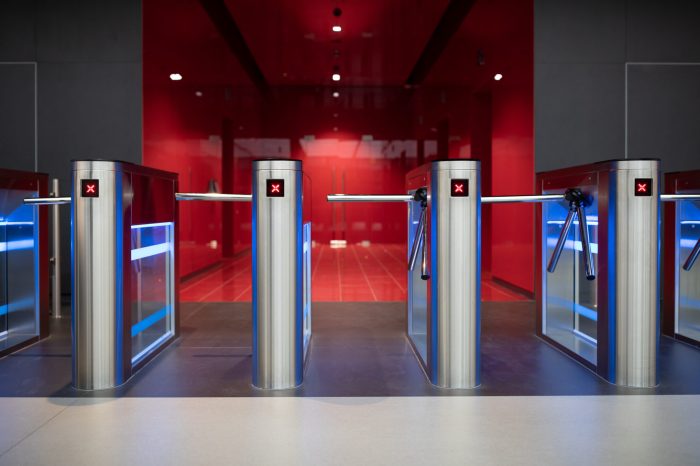Perfect competition is characterized by all of the following except, a market structure in which numerous buyers and sellers engage in transactions involving identical products. This concept forms the foundation of economic theory, providing a benchmark against which other market structures are compared.
To fully understand perfect competition, it is crucial to examine its defining characteristics, such as the absence of barriers to entry and exit, perfect information, and homogeneous products. These characteristics contribute to the efficiency of the market, ensuring that resources are allocated optimally and consumers benefit from competitive prices.
Market Structure

Perfect competition is a market structure in which there are many buyers and sellers, and each firm produces an identical product. As a result, no single firm has any market power, and the market price is determined by the interaction of supply and demand.Perfect
competition is often considered to be the ideal market structure because it leads to efficient outcomes. In a perfectly competitive market, firms are unable to make supernormal profits, and consumers are able to purchase goods and services at the lowest possible price.
Characteristics of Perfect Competition: Perfect Competition Is Characterized By All Of The Following Except

The following are the key characteristics of perfect competition:
- Many buyers and sellers
- Identical products
- No barriers to entry or exit
- Perfect information
These characteristics contribute to the efficiency of the market by ensuring that firms are unable to make supernormal profits and that consumers are able to purchase goods and services at the lowest possible price.
Exceptions to Perfect Competition

Perfect competition is a theoretical construct, and in practice, there are many markets that do not meet all of the assumptions of perfect competition. Some of the most common exceptions to perfect competition include:
- Monopolies
- Oligopolies
- Cartels
These exceptions to perfect competition can lead to market inefficiencies, such as higher prices and lower output.
Market Power
Market power is the ability of a firm to influence the market price of a good or service. Market power can arise in imperfect markets, such as monopolies and oligopolies. Firms with market power can make supernormal profits by restricting output and raising prices.The
consequences of market power for consumers and the economy can be significant. Market power can lead to higher prices, lower output, and reduced innovation.
FAQ Corner
What are the key characteristics of perfect competition?
The key characteristics of perfect competition include: large number of buyers and sellers, homogeneous products, perfect information, and no barriers to entry or exit.
What are some examples of industries that exhibit perfect competition?
Examples of industries that exhibit perfect competition include: agricultural markets, foreign exchange markets, and stock markets.
What are the implications of perfect competition for consumers?
Perfect competition benefits consumers by ensuring competitive prices, high-quality products, and efficient allocation of resources.